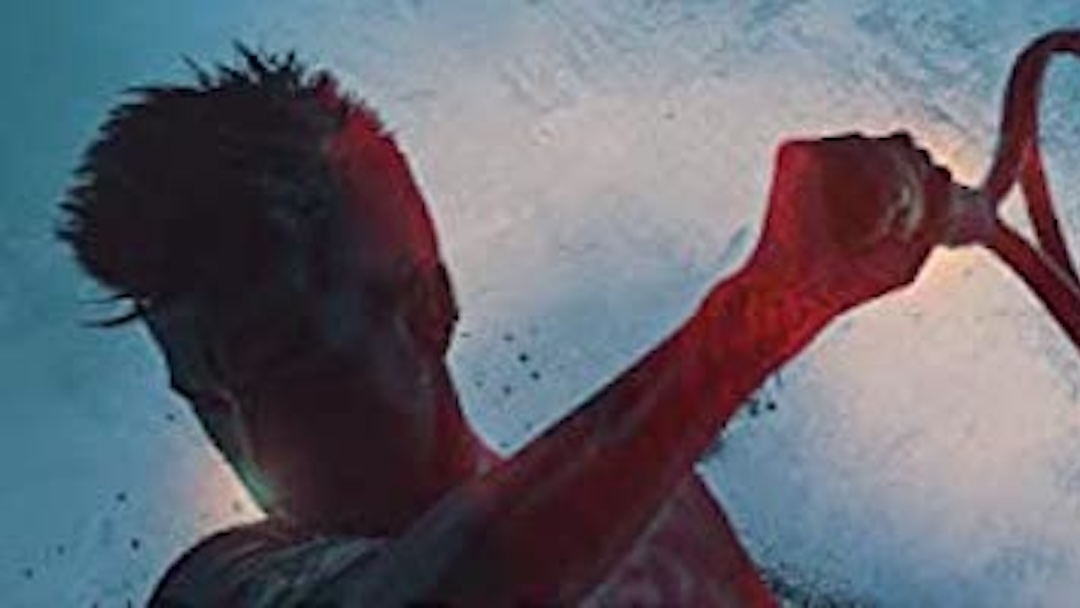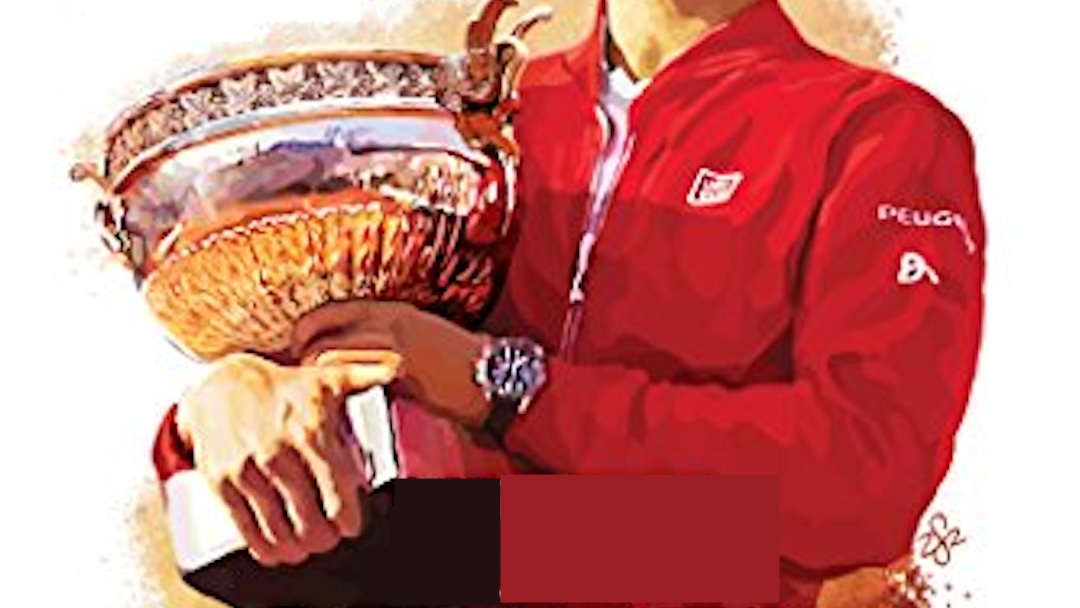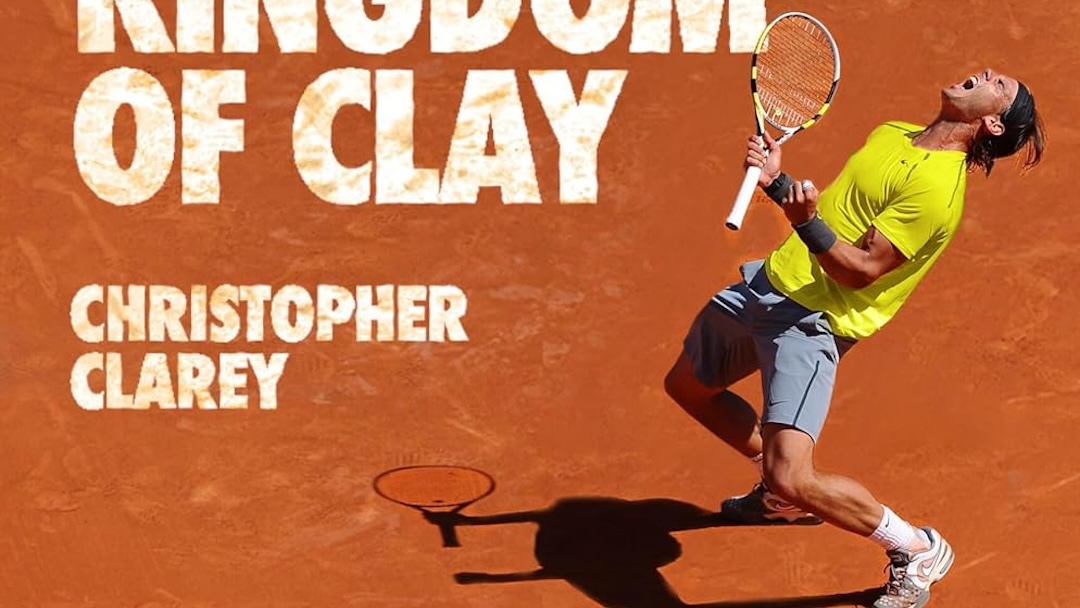Tennis Hits the Books
As a general rule, I am not a big fan of biographies about tennis players. I double down on that statement when the book is positioned as an autobiography. The simple fact of the matter is that if I am going to read a book about tennis I am looking for a return on the investment of time. For me, that narrowly boils down to books that can help me play at a higher competitive level and books that help me understand the history of tennis.
While tennis player biographies seemingly fall into the general category of history, a lot of biographies on active tennis players are best described as branding and marketing. Consequently, when Open: An Autobiography by Andre Agassi was published in 2009, I ignored the book initially and had no intention to read it. With only three years between Agassi’s retirement and the publication of the book, I didn’t think there was enough separation for historical perspective. I was wrong.
I have touched on the point previously here that conventional wisdom is that tennis books generally do not sell well. When Open debuted at #1 on the New York Times Best Seller list in November 2009, I thought to myself that the publisher had done a heck of a marketing job. When it took almost 4 months for the book to slowly descend out of the top 15, I grudgingly came to the realization that I was going to have to read the book sooner rather than later.
Open: An Autobiography did not disappoint on that initial reading. More recently, my second reading was a pure accident. I had intended to skim the book in preparation for writing about it this week, but found that as soon as I picked it up I could not resist plunging onto a complete re-read. If anything my appreciation for the book only increased in the interim.
Agassi captures the essence of playing singles in palpable detail. He discusses how in tennis, above all other sports, the players talk to themselves. Moreover, they also answer themselves. He provides very real and visceral examples of how the battle between Self 1 and Self 2 described in Inner Tennis plays out in reality. The nature and the essence of the demons that accompany tennis is eloquently conveyed.
The claim that Agassi hated tennis throughout his entire playing career is a recurring theme throughout the book. As such, it should be mandatory reading for every tennis parent. While Agassi’s relationship with his father was complicated in any context, I can’t help but wonder how many junior tennis prodigies might currently still be enduring a similar tennis hell. For every player that succeeds professionally there are countless others that never make it.
The book was also fascinating to me coming on the heels of the last book covered by this site which was “Winning Ugly” by Brad Gilbert. Gilbert made his professional coaching debut with Agassi and it is truly interesting to read both books back to back because it is like hearing two unique perspectives of a very compelling story. The additional perspective adds a layer of depth to Winning Ugly.
Agassi was a pioneer in surrounding himself with a team, which drew criticism and the derisive term “entourage.” One of his team members was his strength and conditioning trainer Gil Reyes. The program that Reyes put together for Agassi was transformative, essentially in the era of functional training for tennis. If Reyes was to publish a book on training for tennis I would buy it the moment it was published. It is a mystery to me as to why that has never happened.
To me, Open: An Autobiography presents two compelling portraits. One is Andre Agassi as a sensitive and tortured soul. The other is the beast that is tennis. Together it is a potent combination.
I didn’t intend to read it the first time, but was glad I did. I accidentally read it a second time because it is really just that good.





I caught it the kindle version last month. It’s a must for any tennis purist. Enjoy!
Interested to hear your take on Steve Flink’s book about Pete Sampras, “Greatness Revisited”.
Public release of the book is tomorrow. I have high hopes for this one.